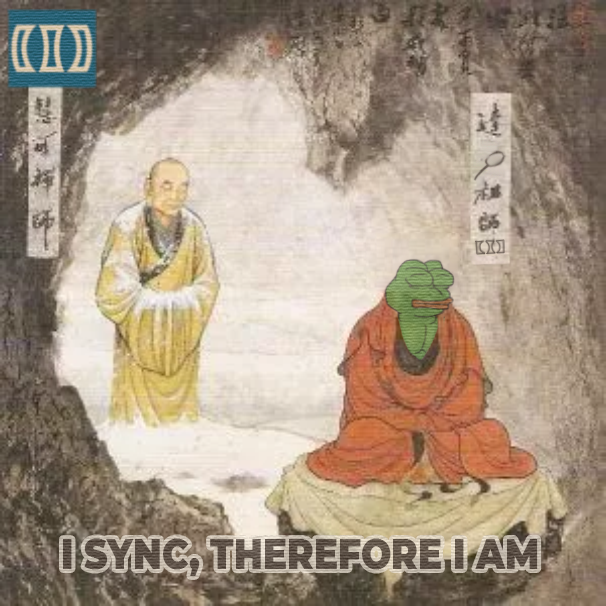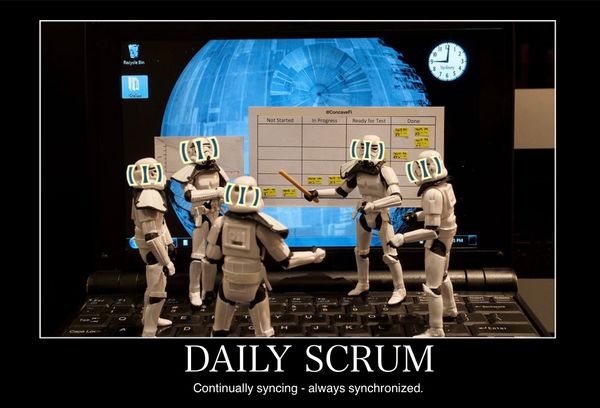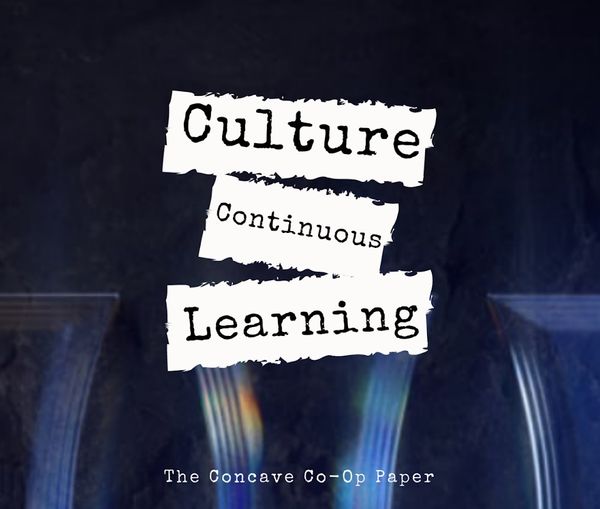The Retrospective
The retrospective (retro) is one of the team’s practices that embraces the continuous learning culture. It encourages individuals and the whole organization to continually increase knowledge, competence, performance, and innovation.
It is time and space for the team to reflect on the past to improve quality and effectiveness in the future, but we also cannot forget to live in the moment.
The team inspects how things went with regards to individuals, interactions, processes, and tools. Inspect elements often vary with the domain of work. Assumptions that led them astray are identified and their origins explored.
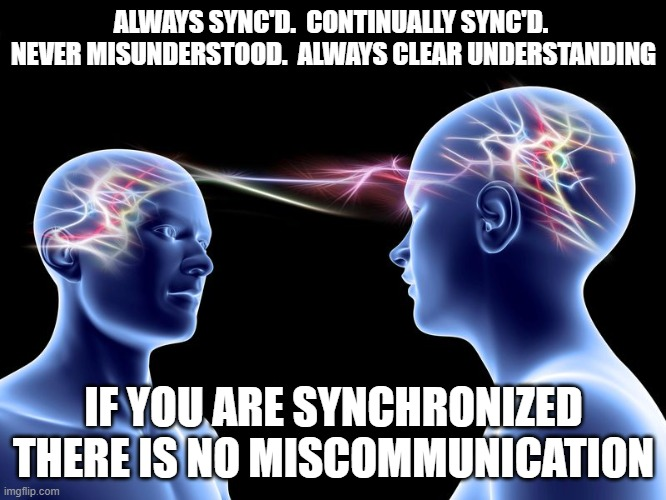
This event embraces the Concave values of thoughtfulness, understanding, individual empowerment, adaptability, clarity, inclusion, integrity, innovation and principles of feedback, autonomy, and feedback!
Retrospective Prime Directive: Regardless of what we discover, we understand and truly believe that everyone did the best job they could, given what they knew at the time, their skills and abilities, the resources available, and the situation at hand.
In its simplest form the team answers the following questions:
- What worked well?
- What didn’t work well?
- What are we going to try to do differently?
However, retros can be conducted and facilitated in many different ways. (IE: I like, I wish, what if). More ideas on retrospectives can be found here: Retromat, Great retrospectives and FunRetrospectives
More of this, Less of this, Keep doing this, Start doing this, Stop doing this.
Who participates in the retrospective?
- The WHOLE team should participate. Everybody has valuable input and perspectives
- If you have a specific topic that includes / affects people from outside the team they can invite them to work on a joint solution.
Instructions
- Setup a retro board using the template from Jira like this: Concave Genesis Event
- Request team to provide information
- Generate insight
- Decide what to do: Create stories for action and put it into the team backlog
- How can the retro be better in the future?
Problem Solving Culture
Iterative Plan-Do-Check-Adjust (PDCA) cycles provide the process for iterative problem solving on small adjustments as well as breakthrough innovations. The entire process is repeated until the target state is achieved. This model treats problems as opportunities for improvement in a blameless process, and employees at all levels are empowered and equipped with the time and resources to identify and solve problems.
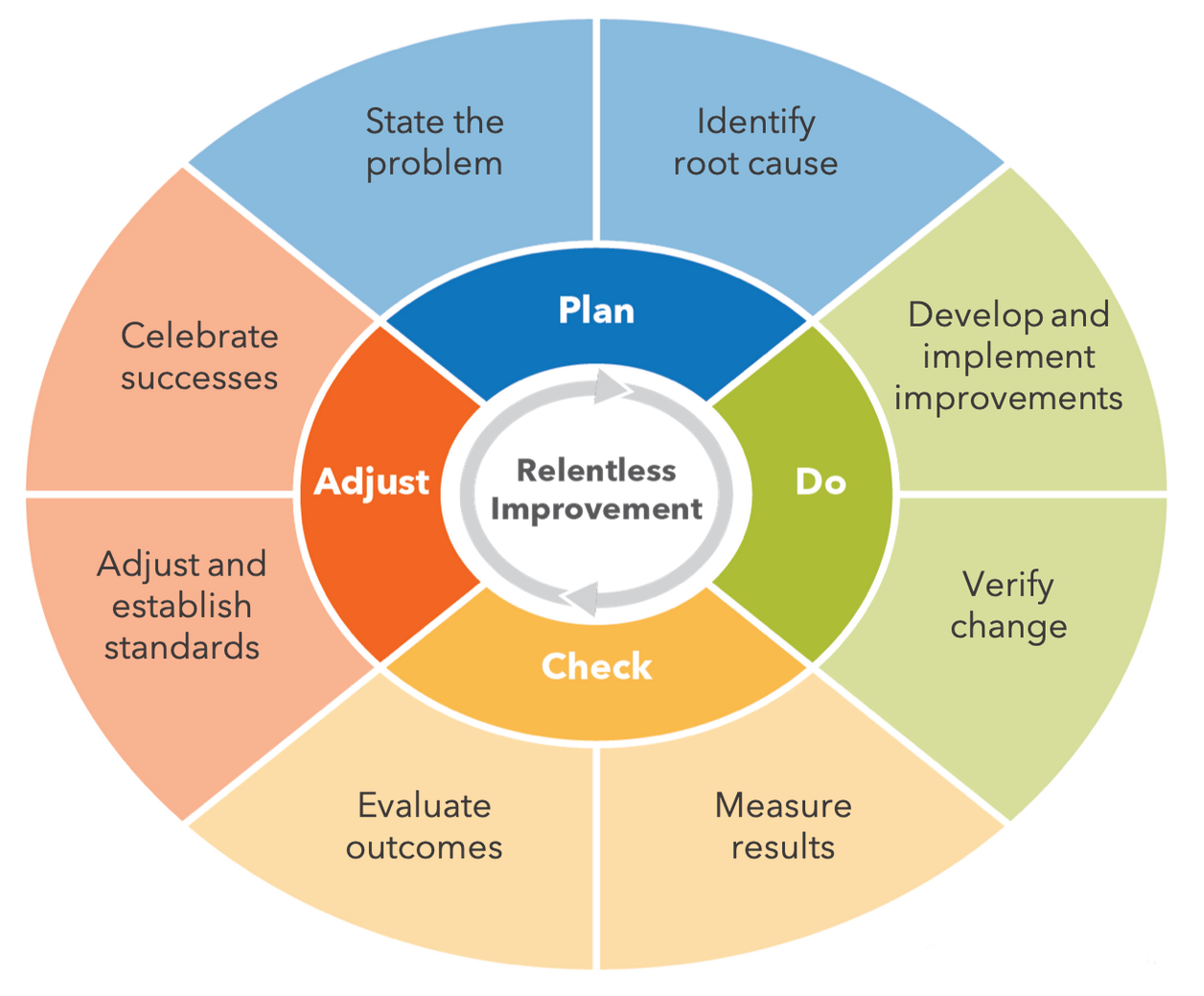
The retrospective is where WAGMI lives. We control what our future looks like, but we must continue to sync to make it the best it can be.


